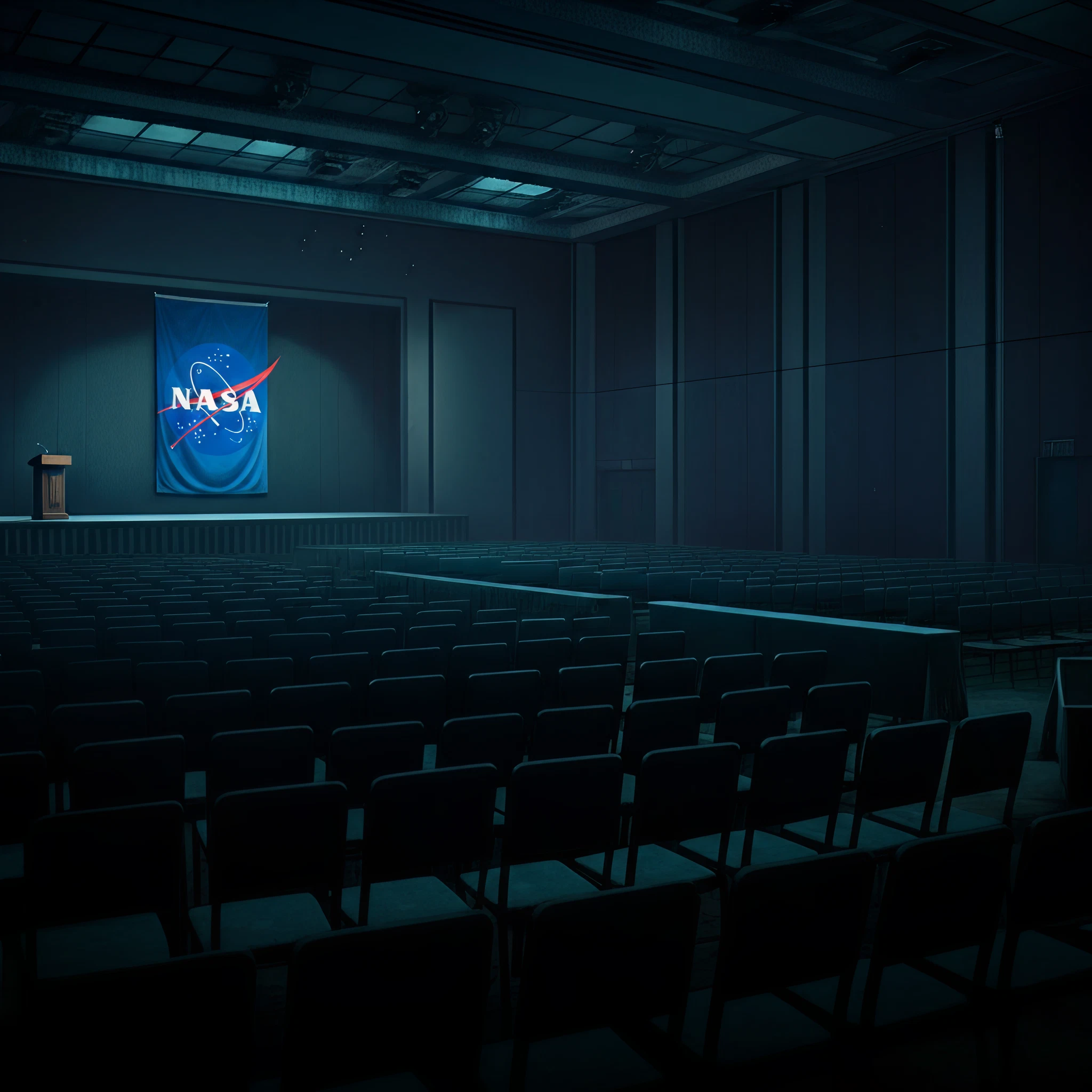NASA’s recent decision to withdraw support for key scientific conferences has sent ripples through the scientific community, raising concerns about the future of knowledge sharing and collaboration. This unexpected policy change, driven by budgetary pressures, has already led to the cancellation of prominent events, leaving researchers and scientists grappling with limited opportunities to connect, share, and innovate.
End of Support for Longstanding Events
The announcement of NASA’s policy change marked a significant shift in the agency’s operations. Key events like the ISS Research and Development Conference (ISSRDC), scheduled for July in Seattle, have been abruptly canceled. For over a decade, this conference provided a critical platform for showcasing research opportunities on the International Space Station (ISS) and discussing the station’s future. Now, it faces an uncertain future, with NASA and the Center for the Advancement of Science in Space (CASIS) exploring options to incorporate its content into other events, such as the ASCEND space conference.
Another major casualty is the Lunar and Planetary Science Conference (LPSC), a landmark event in planetary science dating back to the Apollo era. NASA has opted not to release a proposal for a future partnership, signaling its withdrawal from involvement in the event. The Lunar and Planetary Institute (LPI), a longtime co-host, has committed to running the 2026 conference independently, but concerns linger over how to fill the financial void left by NASA’s absence.
Impacts on the Scientific Ecosystem
The sudden withdrawal of support has had far-reaching consequences for the scientific community, particularly in the following areas:
1. Reduced Networking and Collaboration
Scientific conferences are essential for bringing together researchers, institutions, and industry partners. By facilitating conversations and relationships, these events often lead to groundbreaking discoveries and collaborations. NASA’s decision to scale back support limits venues where such connections can occur, especially for early-career scientists looking to build networks.
2. Disruption in Research Dissemination
Conferences provide essential platforms for presenting and discussing cutting-edge research. With fewer events receiving funding, scientists may struggle to share their findings, delaying progress and stifling innovation.
3. Hurdles for Early-Career and International Scientists
Younger and rising scientists, particularly those from underserved regions or developing countries, disproportionately rely on NASA-supported events to advance their careers. The withdrawal of funding reduces accessible opportunities, creating barriers that could have long-term effects on diversity and inclusion in STEM fields.
4. Uncertainty Around Global Innovation
Events like ISSRDC and LPSC are known for spotlighting game-changing research and technologies. Without steady funding and organization, scientific discovery and enterprise risk becoming fragmented, slowing global progress in key areas like space exploration and planetary sciences.
Behind NASA’s Policy Shift
Budget constraints are at the heart of NASA’s decision, as the agency grapples with long-running funding reductions. For fiscal year 2026, the proposed operating budget for the ISS was slashed by nearly 25%, shrinking resources from $1.24 billion to $920 million. NASA’s priorities have shifted to maintaining minimal safe ISS operations and funding critical projects like the U.S. Deorbit Vehicle for end-of-life operations, all while continuing to support Moon and Mars exploration initiatives. Supporting conferences became a victim of this reprioritization.
New Guidelines and Limited Reinstatement of Support
Amid backlash from scientists and professional organizations, NASA has announced plans to reassess its stance. Future conference support will be selectively reinstated but only for events deemed “mission-critical” to the agency’s overarching goals in space exploration and research. This leaves prominent community-focused events like LPSC and ISSRDC reliant on alternative funding and partnerships.
Navigating the Path Forward
While it is clear that NASA’s withdrawal of conference support presents significant challenges, it also opens the door for new leadership and collaboration within the scientific community. Independent organizations like the LPI are stepping up to fill the void, signaling an evolving shift toward greater self-reliance for scientific institutions. However, to make up for the funding shortfall, sustained efforts from both public and private sector stakeholders will be essential.
Call for Advocacy and Support
It’s time for researchers, organizations, and policymakers to advocate for prioritizing conference funding in the broader context of advancing science and technology. Together, the community must find ways to sustain the collaborative spirit of these events, ensuring the flow of innovation and discovery continues unimpeded.
The future of scientific discourse is far from clear, but the resilience of the research community has long been a hallmark of its progress. For scientists and advocates, this moment presents a critical opportunity to champion the importance of global knowledge sharing and redefine the dynamics of collaboration in a resource-limited environment.
Image Caption
“NASA’s ISSRDC, a hub for space research discussions, faces cancellation amid funding cuts. Credit: SpaceNews/Jeff Foust”
Additional Related Articles
- The future of space exploration on a tighter budget.
- How researchers are adapting to NASA’s revised priorities.








